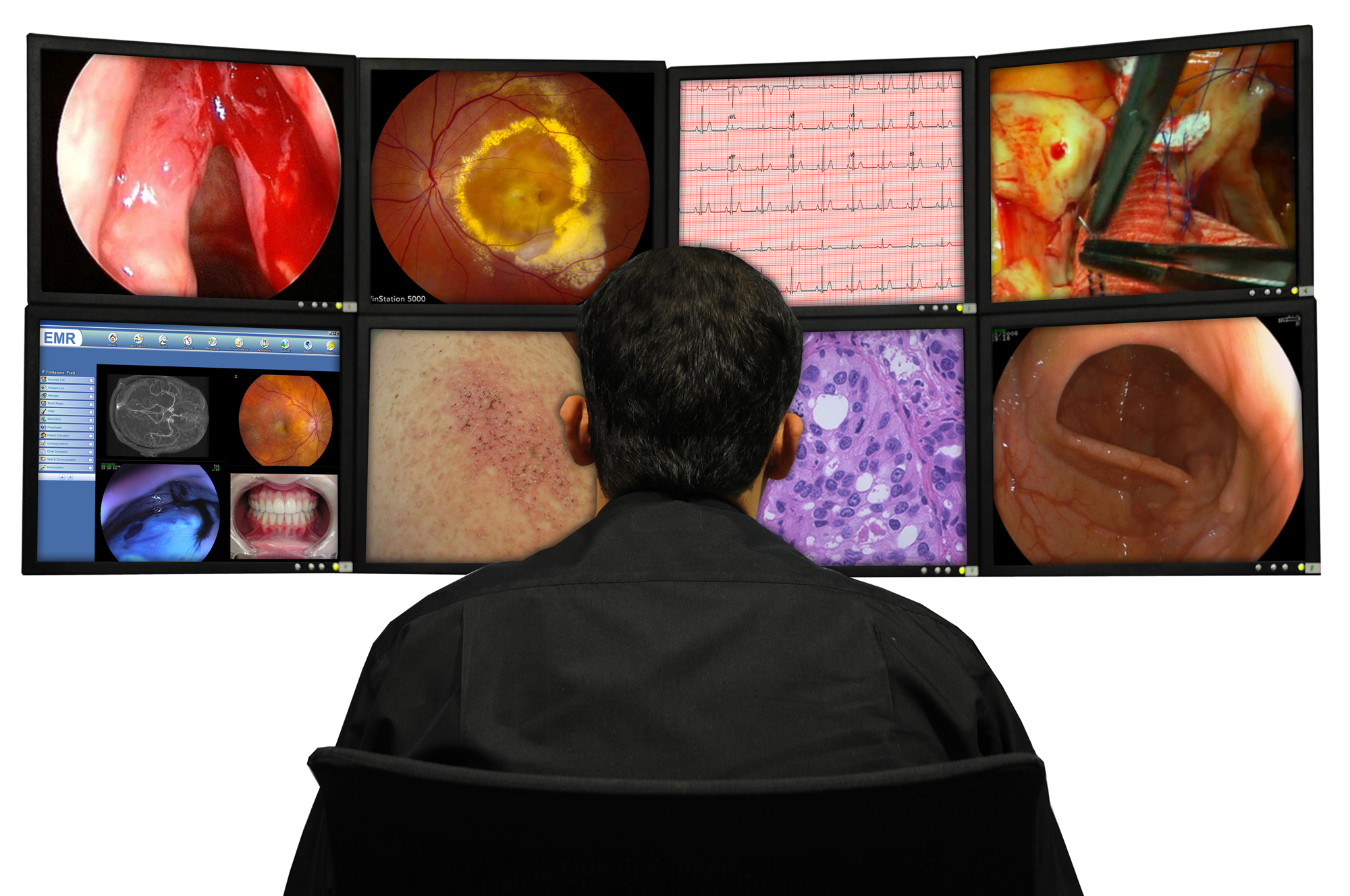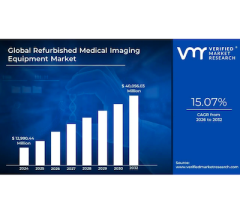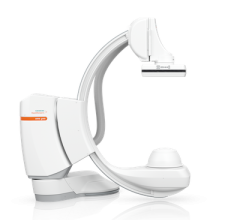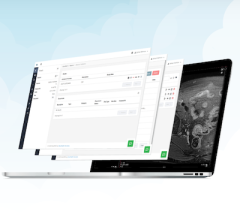
October 7, 2015 — The Centers for Medicare and Medicaid Services (CMS) released the final version of Stage 3 Meaningful Use (MU) requirements related to healthcare information technology (IT) Oct. 6. CMS will take public comment on the new rules for 60 days beginning Oct. 16.
The announcement included final rules for two related initiatives: the 2015 Edition Health IT Certification Criteria and the Medicare and Medicaid EHR (Electronic Health Record) Incentive Programs. The ultimate goal of both programs is to encourage use of EHRs by healthcare providers and patients, as well as improving interoperability and information exchange between parties and information systems. The goal of the measures is to improve efficiency and the quality of care to help reduce healthcare costs.
Extending Deadlines for MU Compliance
One of the most significant changes from original Stage 3 MU proposals is added flexibility in meeting deadlines for compliance: Providers and state Medicaid agencies will now have until Jan. 1, 2018, to get organized before they begin incurring reimbursement deductions. This essentially makes Stage 3 optional in 2017. Furthermore, CMS is allowing 90-day reporting for all providers in 2015; the privilege will be open to new providers in 2016 and 2017, and to all providers who elect to adopt Stage 3 requirements in 2017.
There are a total of 10 objectives for eligible professionals (EPs) in the final Stage 3 rules, including one for public health reporting and nine for eligible hospitals and critical access hospitals. Public comment on the initial proposed rules prompted CMS to shift the emphasis of the objectives, with more than 60 percent now requiring interoperability. EPs are encouraged to choose the progress measures that are most relevant to their practice.
“We have a shared goal of electronic health records helping physicians, clinicians, and hospitals to deliver better care, smarter spending, and healthier people” said Patrick Conway, M.D., M.Sc., CMS deputy administrator for innovation and quality and chief medical officer. “We eliminated unnecessary requirements, simplified and increased flexibility for those that remain, and focused on interoperability, information exchange, and patient engagement. By 2018, these rules move us beyond the staged approach of ‘meaningful use’ and focus on broader delivery system reform.”
2015 Edition Health IT Certification Criteria
In addition to the final rule for the EHR Incentive Programs, the Office of the National Coordinator (ONC) also announced the final rule for the 2015 Edition Health IT Certification Criteria. This rule focuses on increasing interoperability — a secure but seamless flow of electronic health information — and improving transparency and competition in the health IT marketplace.
“This rule is a key step forward in our work with the private sector to realize the shared goal of making actionable electronic health information available when and where it matters most to transform care and improve health for the individual, community and larger population. It will bring us closer to a world in which health care providers and consumers can readily, safely and securely exchange electronic health information,” said Karen B. DeSalvo, M.D., M.P.H., M.Sc., national coordinator for health IT.
Industry Reaction to Stage 3
The Healthcare Information and Management Systems Society (HIMSS) is the primary organization concerning healthcare IT, and Stage 3 MU was the major topic of discussion at its 2015 meeting earlier this year.
“HIMSS appreciates the continued efforts of CMS and the ONC)to simplify and provide flexibility for meeting the Meaningful Use program requirements,” said Carla Smith, MA, FHIMSS, CNM, executive vice president, HIMSS North America, in a statement. “We support the confirmation of the 90-day reporting period for 2015. Further, we support the emphasis placed on Jan. 1, 2018 — the start of the period where providers are required to meet Stage 3 objectives and measures.“
Consistently, HIMSS has called for at least 18 months between the publication of a new MU rule and the start of a new stage’s reporting period. The 27 months provided in this final rule appears to address this issue, Smith said.
“HIMSS encourages reasonable Meaningful Use-related rules and timelines, as these enable providers to continue their participation in the program, thus supporting a positively transformed health system,” she said.
The College of Healthcare Information Management Executives (CHIME) also applauded the changes in the timeline. CHIME is an executive organization dedicated to serving chief information officers and other senior healthcare IT leaders.
“We are pleased that the Centers for Medicare and Medicaid Services (CMS) today finalized modifications to the current stages of the Meaningful Use program and agreed to extend the comment period on Stage 3,” said CHIME Board of Trustees Chair Charles Christian, CHCIO, LCHIME, FCHIME. “The 752-page rule grants flexibility for providers who are doing their best to not only meet the intent of the federal program, but also ensure the adoption of health information technology that improves patient care.”
Christian said the 90-day reporting period for the current stages of the program is a reduction from 365 days. CHIME has long called for a 90-day reporting period and applauded CMS for adopting this new standard.
CHIME also applauded the agency for modifying requirements surrounding patient access to electronic records. The rule stipulates that for 2015 and 2016, one patient discharged from a hospital view, download or transmit their electronic record.
American College of Cardiology (ACC) President Kim Allan Williams Sr., M.D., FACC, said there is some cause for concern. “The American College of Cardiology has concerns by CMS to align all three Stages of Meaningful Use, as this does not account for the reality of the situation faced by the medical community working every day to implement the Meaningful Use Program and to improve care for their patients. These concerns have been voiced fervently and consistently through comment letters from across the House of Medicine.”
He said said the ACC is a longtime supporter of electronic health records as a way to improve the quality of patient care. “While we applaud CMS for finalizing programmatic changes to the 2015-2017 reporting years that should ease the difficulties providers face when attempting to meet Meaningful Use requirements, the decision to combine Meaningful Use into one single stage and finalize the program requirements at this time remains difficult to implement,” Williams said. “Many of the requirements for Stage 2 proved unattainable. Large numbers of providers either haven’t met them or, after trying and failing, have given up. That is why it is vital that CMS consider participation data from the current stage to see what is working and what isn’t before outlining an upcoming stage. We cannot establish a long-term health care program that does not take into account what we can feasibly attain in the short-term, transitional period. The ACC looks forward to continued work with CMS to establish how the Meaningful Use program will fit into the new Merit-Based Incentives Program (MIPS) slated for 2017.”
For more information on the CMS final rule with comment period: http://cms.gov/Newsroom/MediaReleaseDatabase/Fact-sheets/2015-Fact-shee…
For more information on ONC’s editions of certification criteria: https://www.healthit.gov/sites/default/files/factsheet_draft_2015-10-06…


 February 11, 2026
February 11, 2026 









